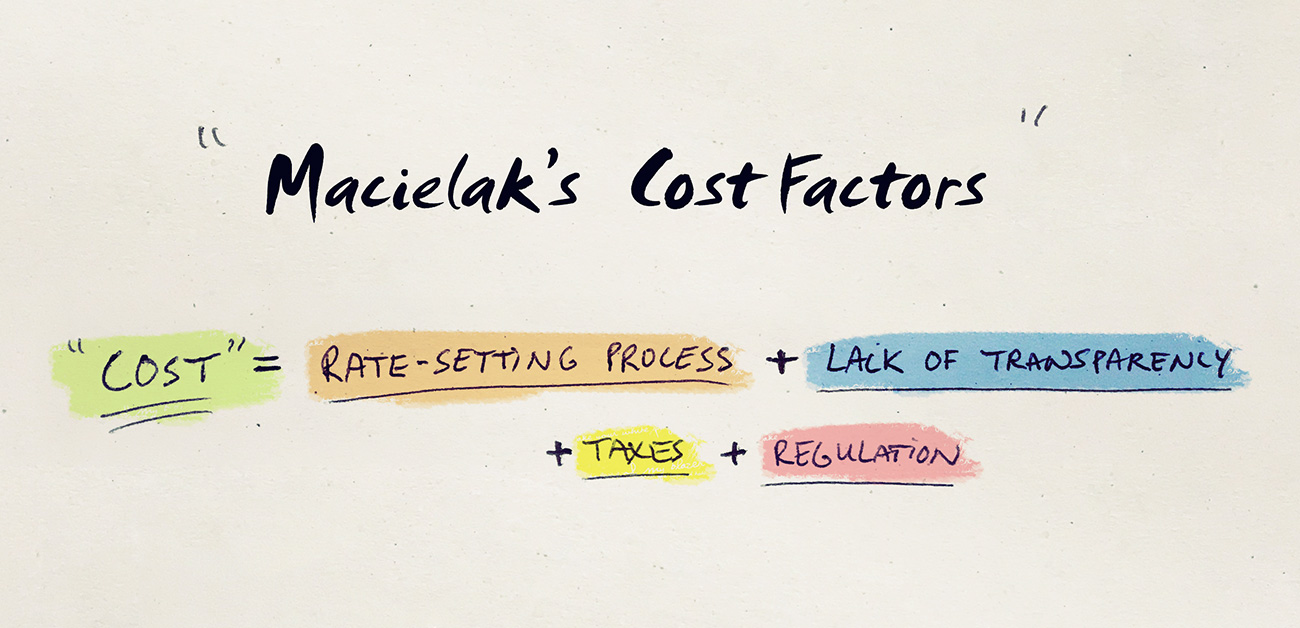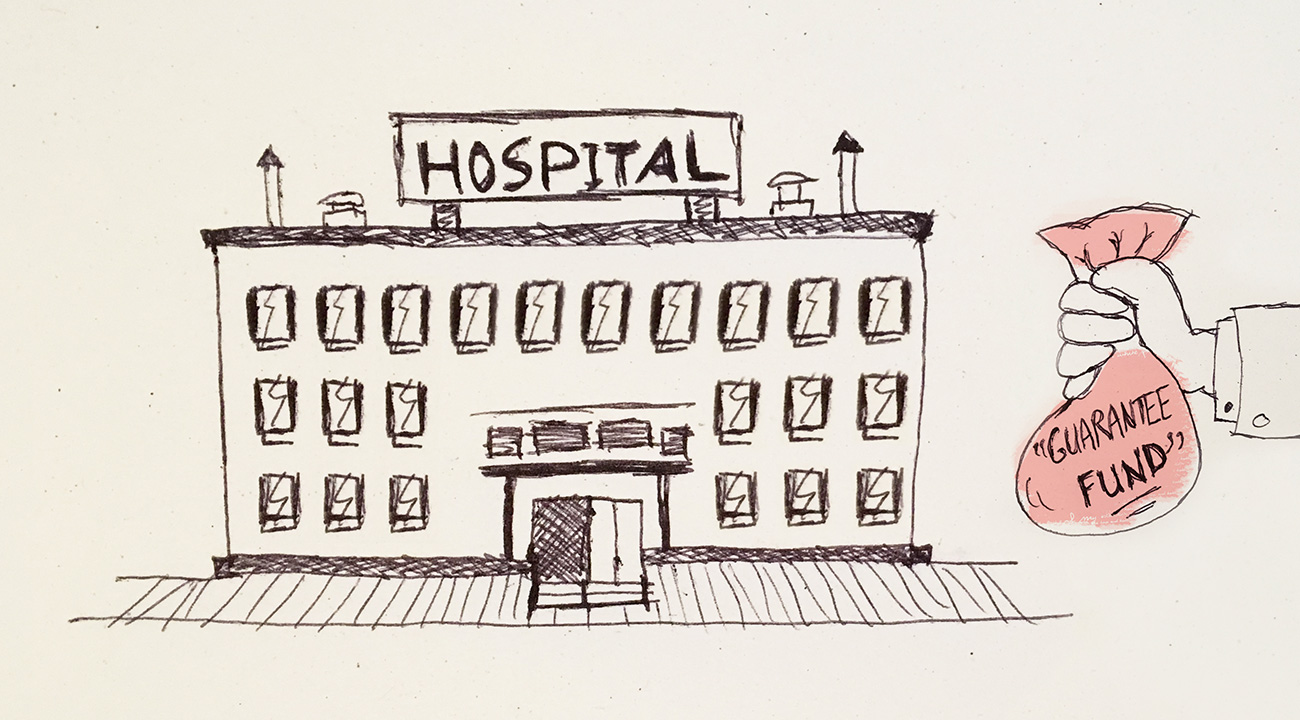Time for Affordability

For the first time in American history, the U.S. government is spending more on health care than social security. That’s according to the Congressional Budget Office, which says the federal government spent $936 billion on health care programs in 2015, a 13 percent increase from 2014.

The dubious distinction comes as no surprise to health policy experts, who have been paying close attention to the downstream effects of the Affordable Care Act (ACA). The law, which is riddled with taxes, fees, and other mandates, was successful in expanding access to health care services, but did little to address the cost conundrum. In fact, many would argue that the ACA actually increased the cost of health care. As the sixth anniversary of the law’s passage approaches, the calls for affordability are growing louder and louder.
The New York State Health Plan Association (HPA), which represents 27 health insurers across the state, recently launched a campaign titled “Time for Affordability.” HPA president and CEO, Paul F. Macielak, has laid out his agenda for this year’s legislative session. Macielak noted several factors contributing to the cost equation, including the state’s rate-setting process, lack of transparency, taxes, and regulation.

On a national level, health insurance super giants, UnitedHealthcare and Anthem, are also crying “uncle.” UnitedHealthcare has threatened to pull out of the federal health exchange, citing a $720 million loss related to the ACA. In addition, Anthem, the parent company of Blue Cross Blue Shield, reported a drop in fourth quarter earnings, also the result of higher than expected expenses due to the ACA. United and Anthem are not alone. Many insurers have reported losing money on the exchanges, mostly because enrollment has been lower than expected, and patient costs are higher than expected. The recent collapse of insurance co-op Health Republic, is but one example.
In November 2015, Health Republic was forced to shut down after the New York-based co-op set rates well-below its experienced competitors. Health Republic wound up attracting more than 200,000 members in its first two years, only to leave those customers out in the cold when it was forced to close. It’s now estimated that doctors, hospitals, and nursing homes are out some $200 million in unpaid bills. To make matters worse, state hospital associations are pushing for the creation of a so-called guarantee fund, which would be used to reimburse providers for these unpaid claims. It is important for New Yorkers to understand that this fund is nothing more than tax, and that they would be footing the bill for Health Republic’s failure.

The good news is that some policymakers are starting to pay attention. Recently, Governor Andrew M. Cuomo announced a proposal to control the rising cost of prescription drugs. The governor’s plan calls for a cap on the cost of specialty drugs by requiring that manufacturers provide a minimum level of rebates to the state’s Medicaid program. The proposal would also require specialty drug makers provide the state with information on the cost of developing, manufacturing, distributing, and marketing these drugs, as well as profit margins for each drug. Now, here’s where the proposal falls short. Information shared between manufacturers and the state would be kept confidential, and therefore, not accessible to the consumers.
While I am thrilled the Governor is thinking about drug price transparency, his proposal does not go far enough, especially when you consider the implications. Today, nearly one in five Americans will fail to fill a prescription because it is too expensive. If we want to make a difference for hardworking New Yorkers who are struggling to afford their prescriptions, why not require this level of transparency for all pharmaceuticals sold in New York, and make the information available for all to see?
On the heels of the Governor’s address, and as the legislative session kicks into high gear, I’m once again imploring politicians to come together to ensure that any and all policy decisions are designed with affordability in mind.
 The Daily Dose
The Daily Dose
Comments are closed.